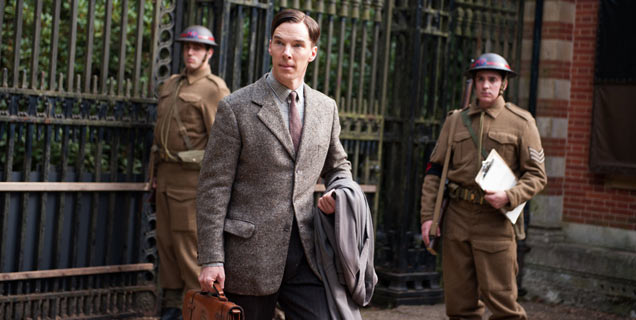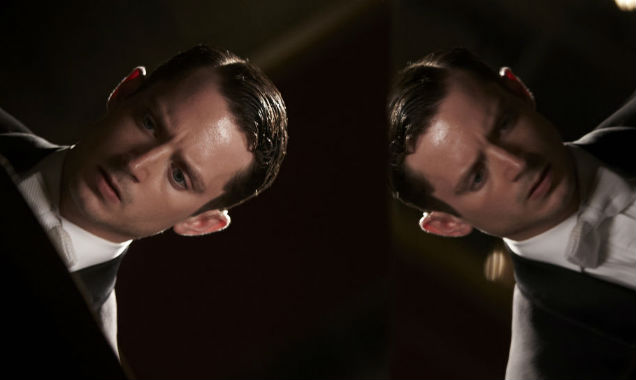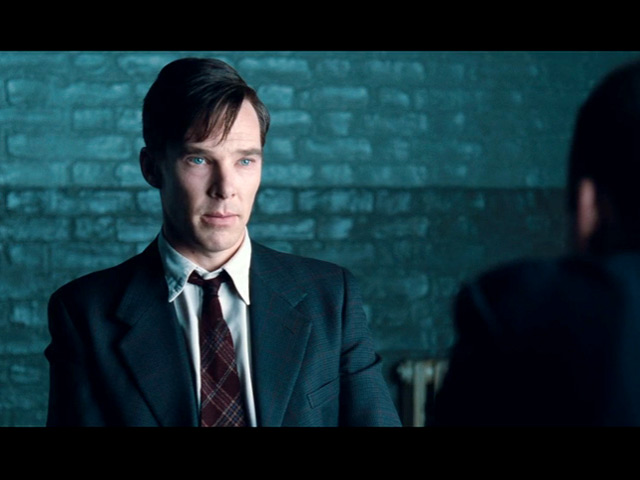A biopic that plays out like a cerebral thriller, this film traces the life of Alan Turing, the British maths genius who essentially invented the computer and won World War II before being driven to suicide by a cruel legal system. So it's striking that Norwegian filmmaker Morten Tyldum (Headhunters) infuses the film with humour, energy and intelligence. And with an astounding performance from Benedict Cumberbatch, he also manages to find layers of nuance in first-time screenwriter Graham Moore's on-the-nose script.

We meet Cumberbatch's Alan as a 27-year-old Cambridge professor in 1939, recruited by MI6 officer Menzies (Mark Strong) and military commander Denniston (Charles Dance) to join the team at Bletchley Park as they try to crack Germany's Enigma code. An eccentric genius, Alan struggles to fit in with his colleagues (Matthew Goode, Allen Leech and Matthew Beard), but he manages to connect with Jean (Keira Knightley), whom he recruits even though she's not allowed to work alongside the men. Then Alan begins to build his ambitious, unprecedented computing machine. No one understands how it can help decode Enigma, but they can see that he's on to something. Meanwhile, Alan has his own secret: he's gay, which is a criminal offence at the time.
The story is told with three interwoven timelines, with the central plot being the race to break Enigma and turn the tide of the war against the Nazis. Alongside this are scenes set in 1951, when a policeman (Rory Kinnear) interviews Turing about his homosexuality. And there are also flashbacks to 1928, when the young Turing (a superb Alex Lawther) has his first encounter with cryptology, romance and pretending to be someone he's not. The links between these three strands feel somewhat pushy, all hinging on the line: "It's people no one imagines anything of who do things no one can imagine." But Tyldum allows plenty of space for the actors to add uneven edges that draw out the meaning in more subtle, involving ways.
Continue reading: The Imitation Game Review












![Luke De-Sciscio talks to us about having the courage to be yourself, forgiving that which is outside of one's control and following whims [EXCLUSIVE] Luke De-Sciscio talks to us about having the courage to be yourself, forgiving that which is outside of one's control and following whims [EXCLUSIVE]](https://images.contactmusic.com/images/home/homepage/luke-de-sciscio-abof-a.jpg)




